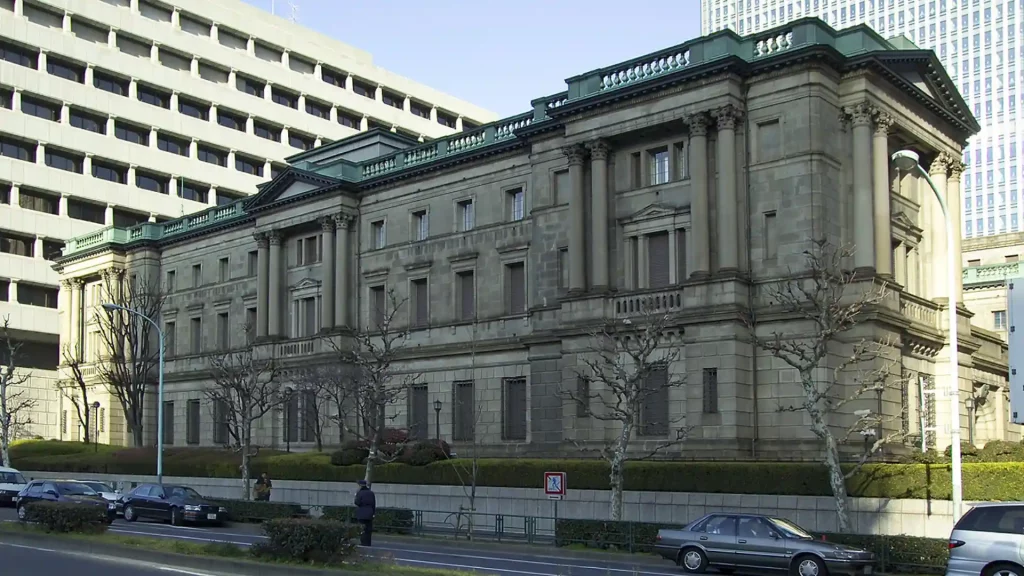The BoJ’s dismantling of the ultra-loose monetary policy is countered by slow economic growth and decreasing inflation
On Tuesday, the Bank of Japan (BoJ) decided unanimously that it would carry forward with its ultra-loose monetary policy in the last meeting for this year. This move was more or less expected, which humbled the recent rally for the Japanese Yen as the BoJ wanted to wait for more solid reports on whether the wages and inflation would increase to justify their transition from quantitative easing to quantitative tightening.
The central bank has decided to keep the interest rates unchanged at -0.1% and continue with its yield curve control policy, which maintains the 10-year Japanese government bonds (JGBs) yield’s upper limit at 1% as a reference.
Kazuo Ueda, BoJ Governor, said that the uncertainty over the present scenario is very high, and in the future, they will foresee whether inflation will be sustainable and whether they will achieve their desired targets stably. At present, it is hard to announce with certainty about their plans to shift away from an ultra-loose policy.
He added that wages and prices are foraying in the desired pathway, with labour unions and big companies hinting at sustained wage growth next year. The chance of trend inflation moving towards their expected price point is rapidly increasing. However, they still need to inspect if a positive wage-led inflation would take place.
The 10-year Japanese government bonds (JGBs) tanked to 0.622%, and the Yen fell lower than 1% at 144.33 against the greenback. The Nikkei 225 stock index had a good day with a surge of 1.4%, placing it at a two-week high.
Previously, in December, Ueda made some comments that signalled a change in the monetary policy. The central bank is cautiously uncoiling its ultra-loose monetary policy to avoid making mistakes with any premature development and throwing the early-stage improvements to vulnerability.
The BoJ’s dismantling of the ultra-loose monetary policy is countered by slow economic growth and decreasing inflation. Governor Ueda is expected to make alterations in policies only next year after considering the outcome of the annual spring wage negotiations, which will confirm the certainty of the trend for sustainable wage increments.
Rengo, Japan’s umbrella labour union, said back in October that it planned to demand a wage hike of no less than 5% at the upcoming spring wage negotiations. Earlier in March, the union was successful in getting the biggest hike in over three decades for its members.
As per Ueda’s speech, various large corporations are looking to raise higher wages. Some companies still have an undecided stance on their next year’s wage policy due to economic uncertainties.
He highlighted that if real wages are falling on a YoY basis, then they expect wages to increase later on and consumer inflation to slow down. This would, in turn, make the real wages positive. As a result of these factors, if the real wage turns positive, then the underlying decline in real wages won’t be a limitation in easing monetary policy.
Inflation turnaround
The central bank expects the core inflation, which excludes food prices, to hover above 2% throughout the next year. The BoJ has unchained its super-accepting monetary policy, despite core inflation being above the 2% mark continuously for 19 months straight.
The BoJ wants inflation in Japan to be fueled by a boost in domestic demand, which is perceived to be sustainable and stable. The bank also believes that wage increases would push consumers to spend more, hence leading to spiralling growth.
According to revised government data released on December 8, this high inflation has become a concerning issue and is negatively impacting consumers’ pockets. In Q2 2023, this inflation was the first quarterly economic contraction in more than three years, shrinking 2.9%.
